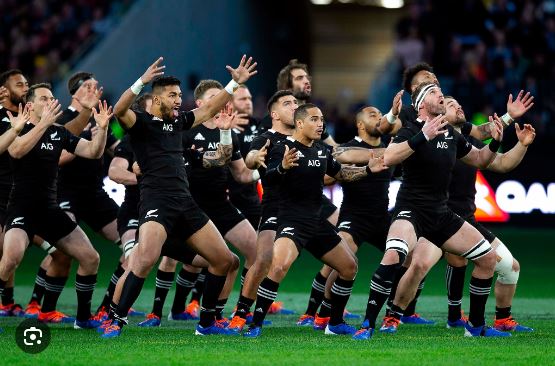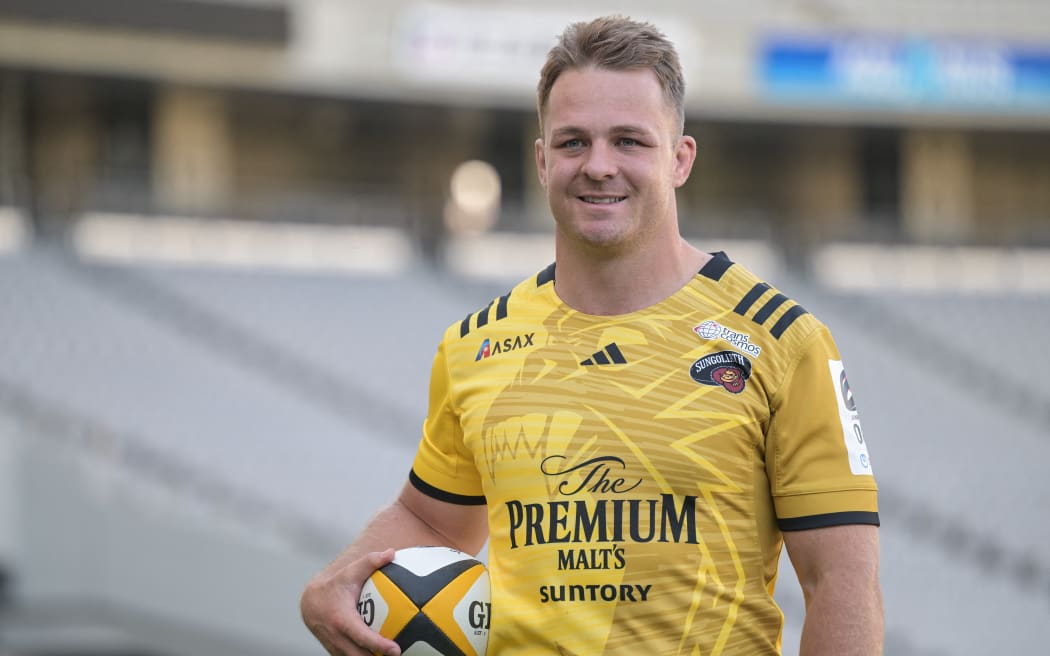
Money, convenience, and the thrill of “a new challenge” are among the reasons why Japan remains a sanctuary for New Zealand’s top rugby players and coaches, according to those who have practiced there.
But it’s not always easy. The language and some strict customs take some adaptation, but the country remains an appealing option for New Zealand’s rugby community.
Several marquee Following last year’s Rugby World Cup, All Blacks left for Japan, either on sabbatical or to transition into a post-test phase of their careers.
Almost half of the All Blacks 15, who began last October’s Rugby World Cup final against the Springboks, migrated north for the summer. Beauden Barrett, Richie Mo’unga, Aaron Smith, Ardie Savea, Sam Cane, Shannon Frizell, and Brodie Retallick are all nearing the finish of the Japanese professional season.
Although hooker Codie Taylor is on a non-playing vacation, there are reports this week that he is in Japan meeting with Toshiba Brave Lupus Tokyo executives.
Scott Robertson, the All Blacks coach, has also been there in recent weeks, looking at the country’s rugby systems and noting the two countries’ symbiotic relationship.
Robertson continues to push his bosses to keep a “open mind” about perhaps selecting athletes who are not already in New
However, it is not just the top-tier players who have set their sights on the country. Many players outside of the All Blacks have chosen to play in Japan, seeing the salary and opportunity to experience a different culture and environment as too excellent to pass up.
In Japan’s Rugby League One, there are almost 100 New Zealand-born players spread across three levels.
Otere Black, a first-five pick, will leave for Japan in 2022 after playing with the Hurricanes and Blues. The 28-year-old New Zealand Māori player is now in his third season with division two team Urayasu D-Rocks.
Black says he considered various variables before signing a deal three years ago.
“Not going to hide the fact that the financial side of things here in Japan were a lot better at the time,” he went on to say.

“Back then, I had a young child, so my priorities had shifted significantly. It was also a new task and experience for me.
The playmaker intimated that he was ‘going through the motions’ in New Zealand before leaving.
“I’d been in the New Zealand rugby system for about eight years, basically doing the same thing.” I was eager to try something new while I was still reasonably young.”
Former Crusaders and Hurricanes midfielder Tim Bateman enjoyed periodic stints in Japan between 2010 and 2022. He said there were several factors as to why Japan held such appeal.
“The type of rugby I play is a lot more conducive to a light, fast game in Japan, than it was to playing in Europe with guys that were twice my size and chasing kicks in the wet. It didn’t really suit my style.
“The big one really was Japan is a lot closer, with one flight to get home when you’ve got a young family up there. The seasons were shorter so you have more time off with the family”.
Bateman is unsure as to whether New Zealanders will continue to litter Japan’s pro rugby terrain, but he said he was observing a “growing negativity” around the union code.
“As a spectacle, it has work to do for sure because ultimately it is entertainment. But I think the narrative around it has become flat, which I think will only increase [the number] of people wanting to move away.”
Grant Dearns was a strength and conditioning coach for the Tokatsu Green Rockets for more than five years. Dearns, who has since returned to New Zealand to take up a role as Lincoln Rugby Club’s rugby director, said he loved his time over there.
But he admits there were some “strict societal norms” that took some getting used to.
“Some of our players were observed by the general public (riding bikes) with only one hand on the handlebars, one player had headphones on, one player was riding on the footpath and not on the road.
“The general public do it all the time, but as soon as a rugby player does it, we had emails to the club complaining about these rugby players.”
His two-metre-tall son Warner has now played 30 tests for the Brave Blossoms, including four at last year’s Rugby World Cup.
When the Dearns family relocated to Japan in 2016, their 21-year-old son immersed himself in the country’s rugby system while still in high school. In terms of the country’s appeal to both great rugby players and coaches, he explained why it was such a desired destination.
“When you have World Cup-caliber players playing third-tier rugby in Japan, it’s no better than good club rugby in New Zealand. You must question yourself, ‘Why are they there?’
“The lifestyle is great, the experience is great, but they’re getting paid more than they would get in some other competitions.”
Fifty-six tests All Black Mo’unga is reportedly paid $2 million per season with the Toshiba Brave Lupus Tokyo, which is coached by Todd Blackadder. Barrett, a fellow All Black playmaker, received a rumored $1.5 million for six months of employment with Suntory Sungoliath in 2020-21.
Like the younger Dearns, Japan has provided a path to the top for former Highlander Craig Millar. The Dunedin-born front-rower has also worn the Japanese test team’s red and white hoops since moving north more than six years ago.
He viewed the last few years as “a blur”.
“Playing at a Rugby World Cup, and playing international rugby is just something I never thought would be an opportunity for me,” said the Uruguayan.
“Doing it in a location like Japan has been an amazing experience. It’s been an incredible few years to travel the world and compete in packed stadiums against foreign teams.”

Leave a Reply